Portugal's political scene has undergone a seismic shift as the far-right Chega party, led by André Ventura, has surged to become the main opposition in parliament. This marks a significant departure from the country's traditional political dynamics, dominated by the centre-left Socialist party (PS) and the centre-right Social Democratic party (PSD) since the return to democracy.
André Ventura, a former football pundit and novelist, declared, "Nothing will be the same again," signaling a new era for Portuguese politics. Chega's rise reflects a broader European trend of growing populist movements, challenging the status quo and capitalizing on voter dissatisfaction with traditional parties.
Key to Chega's success has been its populist agenda, including stricter immigration controls and controversial policies like chemical castration for paedophiles. Ventura's ability to articulate grievances against the political elite has resonated with a segment of the Portuguese electorate, particularly among younger voters.
The PS and PSD's repeated electoral battles over the past few years have inadvertently fueled Chega's growth, with the party benefiting from the mainstream parties' focus on internal squabbles. Media coverage has also played a crucial role, with Ventura receiving disproportionate attention compared to other political leaders.
Experts suggest that Chega's position as the opposition party may further bolster its appeal, as populist parties often thrive in opposition by highlighting problems rather than proposing solutions. This development raises questions about the future of Portugal's political landscape and the potential for further shifts in voter allegiance.

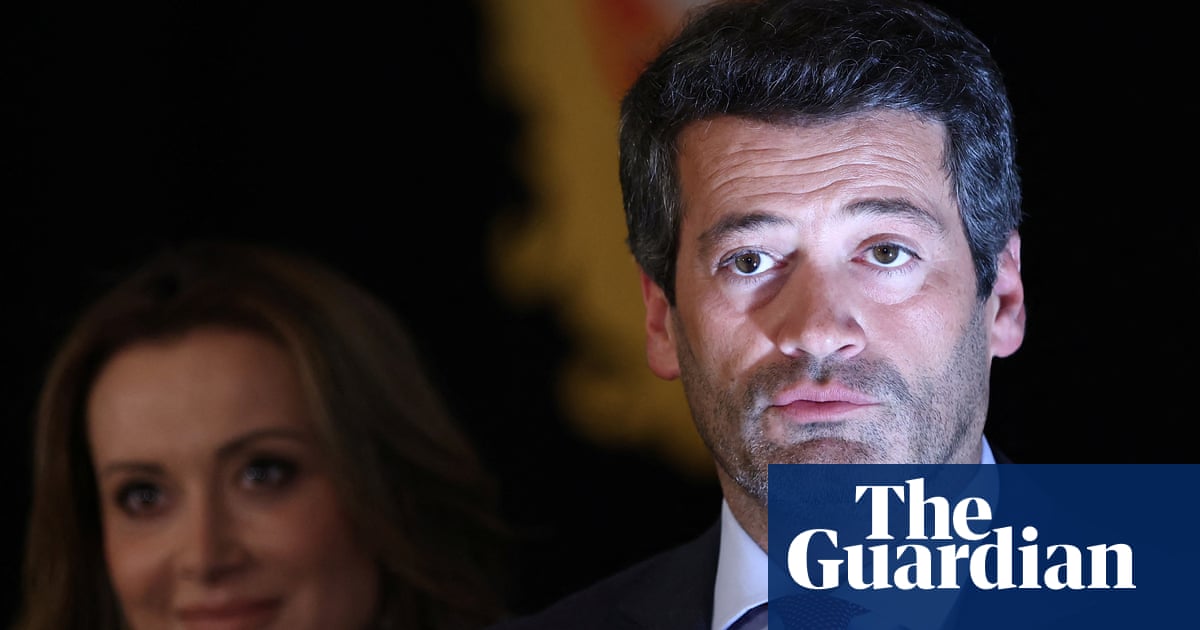

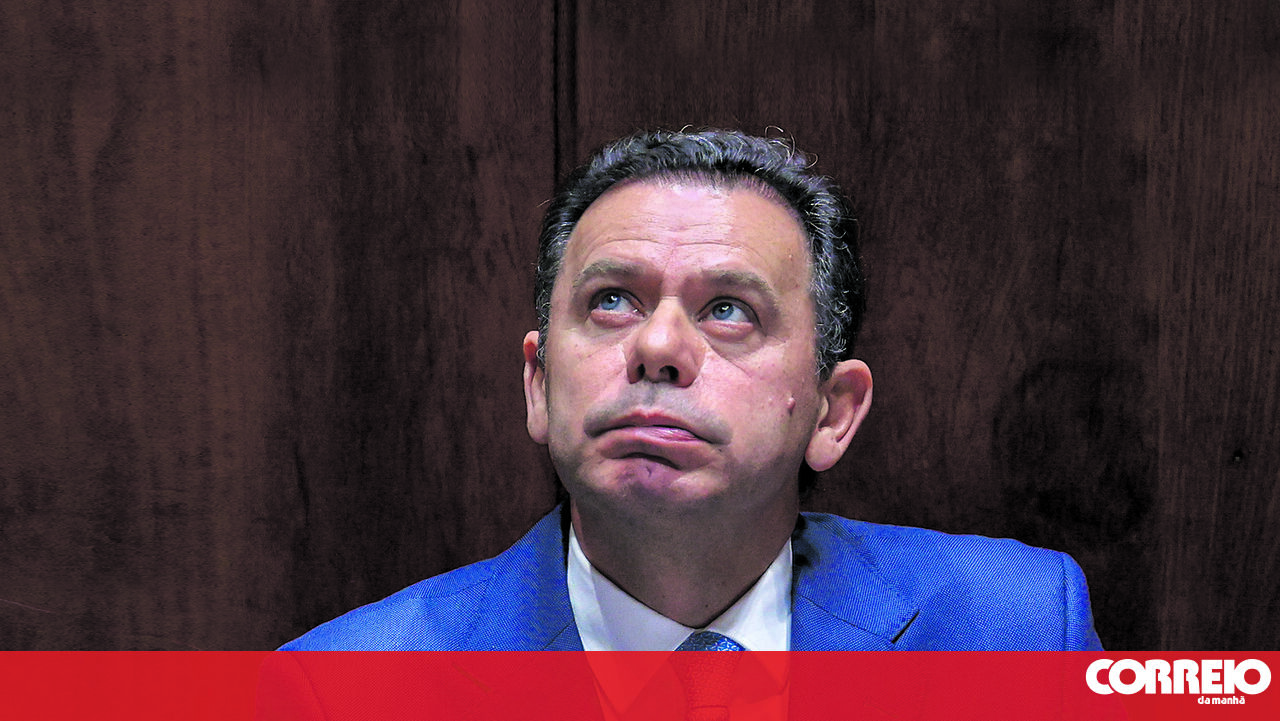

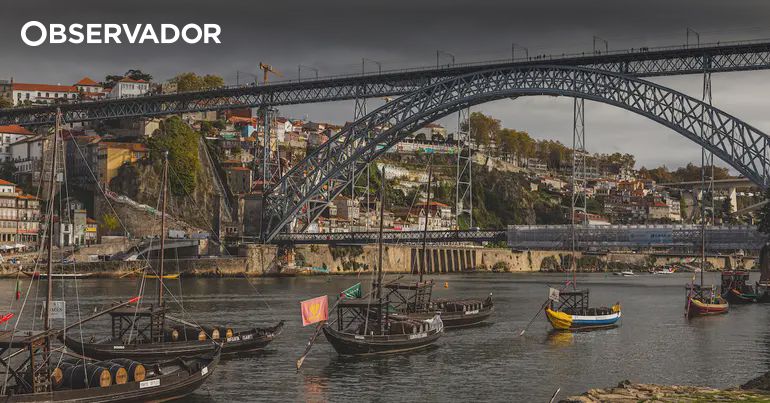






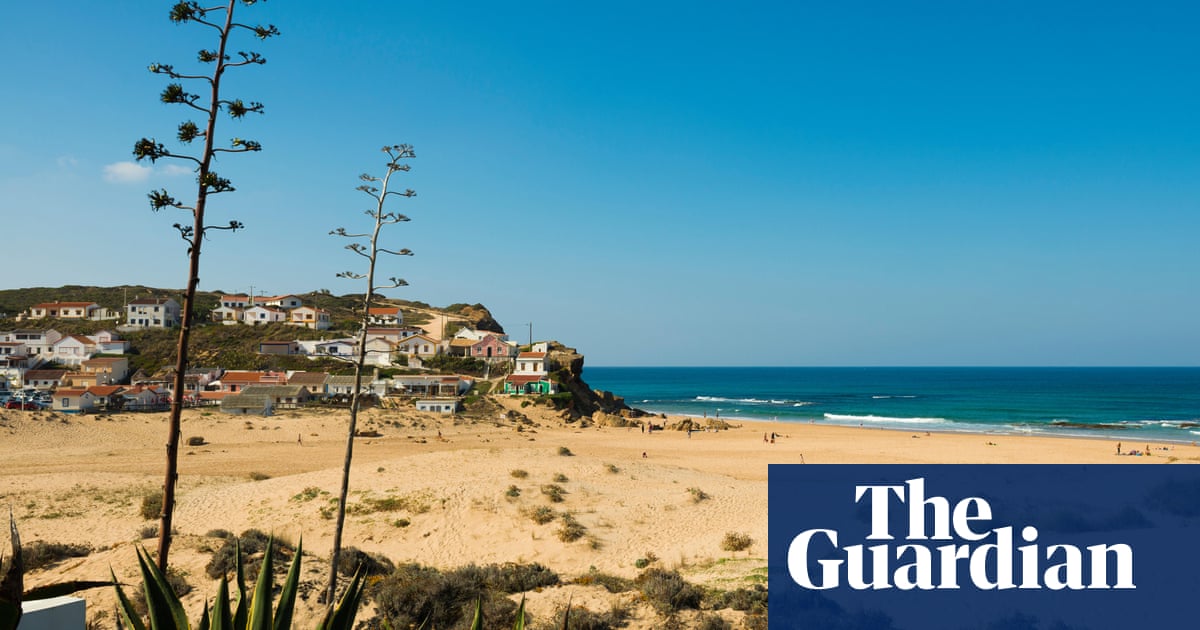

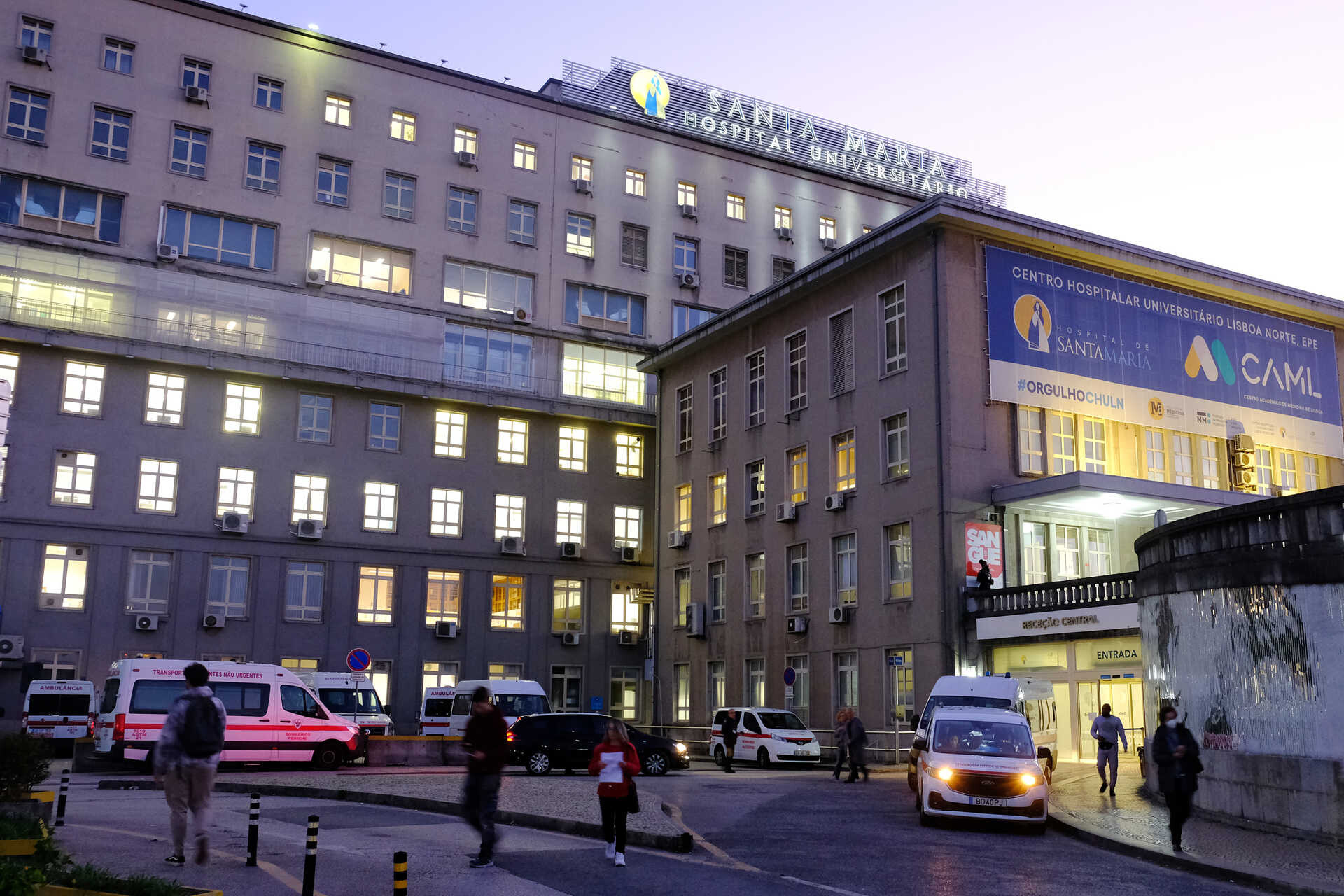


:strip_icc()/i.s3.glbimg.com/v1/AUTH_63b422c2caee4269b8b34177e8876b93/internal_photos/bs/2025/o/9/KJKBSnTDCiLiTCZuHc1g/foto30emp-101-vinho-b6.jpg)



Comments
Join Our Community
Sign up to share your thoughts, engage with others, and become part of our growing community.
No comments yet
Be the first to share your thoughts and start the conversation!